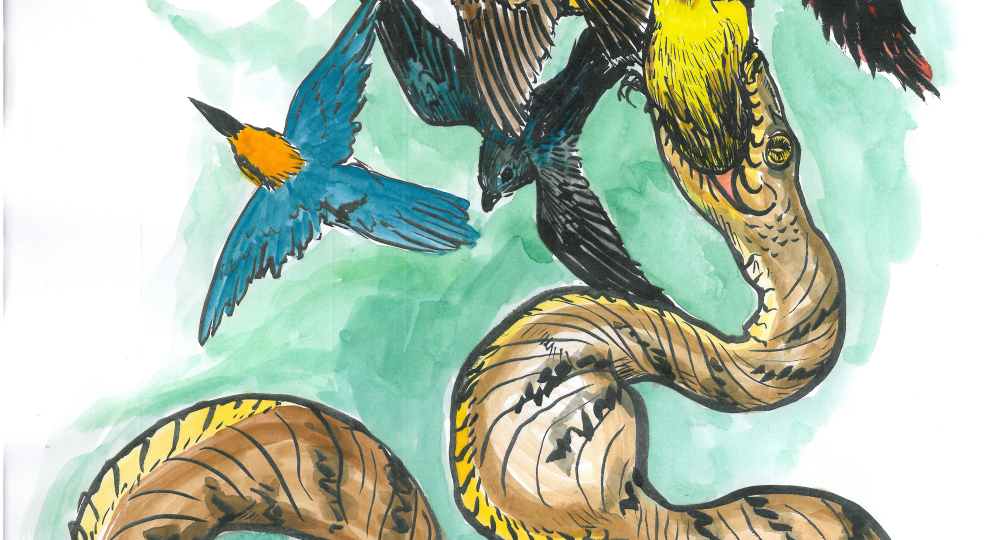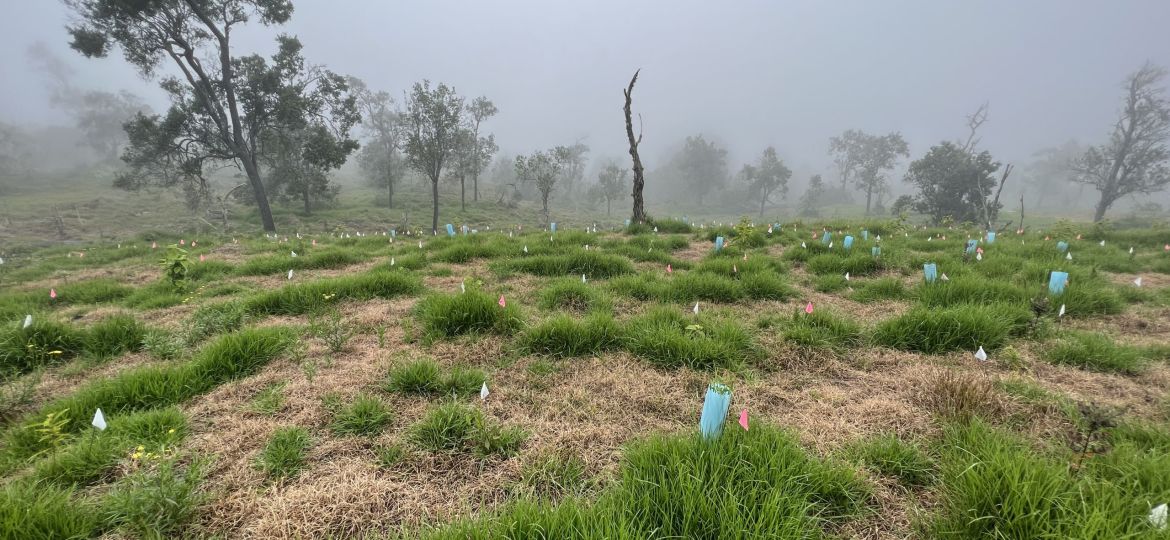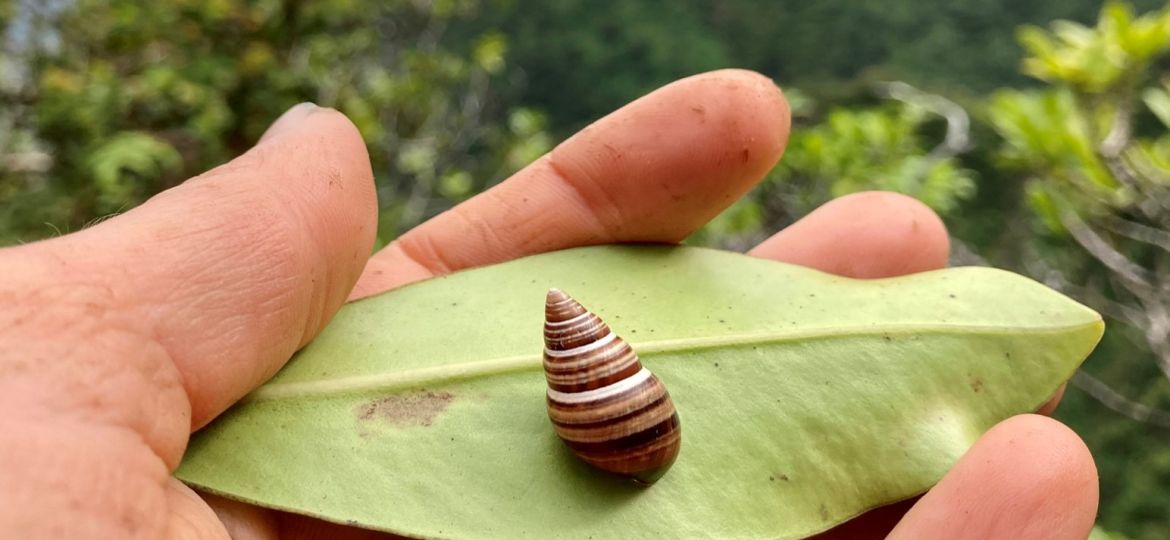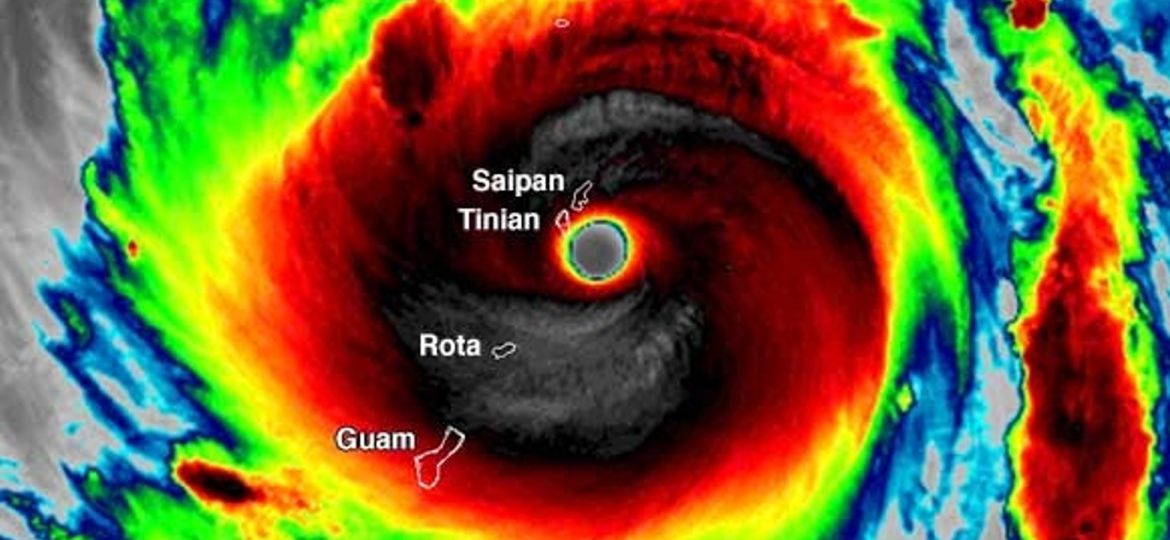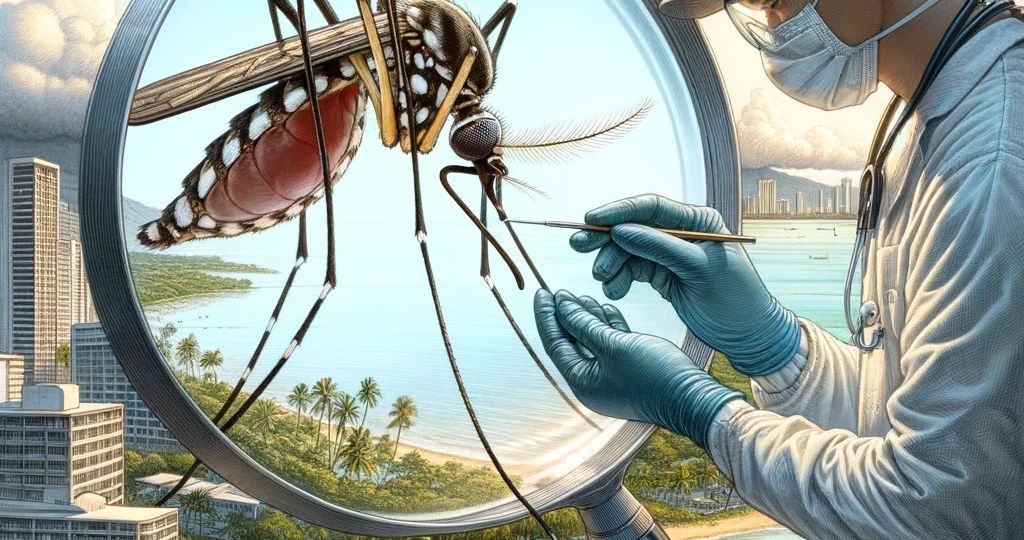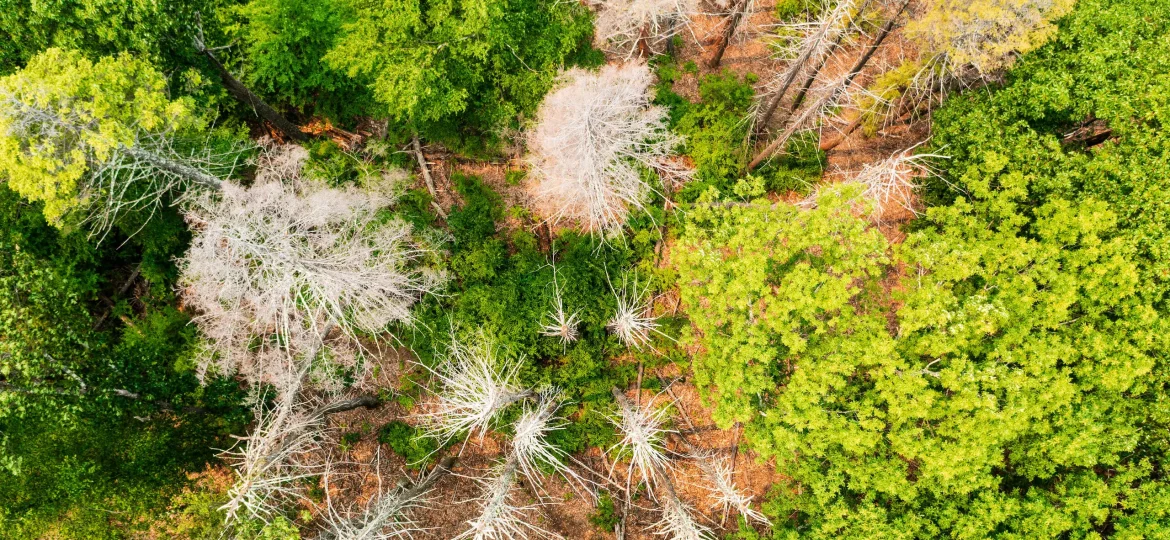In this May 2025 Pacific RISCC webinar, Dr. Ann Marie Gawel will present on the results of her research into perceptions of environmental issues, especially invasive species, amongst residents of Guåhan (Guam). Although the most infamous invasive species from the island is the brown treesnake, residents are concerned with a variety of invasive species and environmental issues and are eager to engage in solutions to these problems.
PI-RISCC
In this talk, Dr. Michala Phillips (USGS) and Liat Portner (UH Mānoa) discuss how climate change is increasing the challenges for managers conducing restoration in Hawaiʻi, and the results of a climate-ready restoration workshop that was held at the 2024 Hawaiʻi Conservation Conference.
In this talk, Dr. Deah Lieurance will talk about how climate change alters the pathways of invasion into protected areas, and how we can enact climate-smart biosecurity.
In this talk, Lilly Thomey and Chad Wilhite will discuss the threats faced by kāhuli, native Hawaiian land snails, and how to optimize a network of climate resilient kīpuka kāhuli to help secure the future of these extremely rare species in the face of climate change and invasive species.
In this talk, Dr. Bryan Falk will discuss how the impacts from disasters can be exacerbated by invasive species and what mechanisms are available to lessen this burden and improve outcomes for local communities and ecosystems.
In this talk, Dr. Katie Kamelamela, Dr. Nick Reo, and Dr. Cilla Wehi will highlight meaningful and effective, place-based conservation initiatives rooted in knowledge of species and relationships with invasive species that are useful to and appreciated by Indigenous peoples.
In this talk, James McCallen, Matthew Kurano, and Dr. Jeomhee Hasty will discuss how climate change is affecting invasive vectors and vector-borne diseases in Hawaiʻi, and the proactive measures being taken by the State of Hawaiʻi Department of Health’s Vector Control Branch.
In this talk, Leigh Greenwood and Dr. Laura Brewington will discuss a new white paper for the U.S. federal government that offers a blueprint for transforming how invasive species are considered within U.S. climate change planning and processes.
The North Central Regional Invasive Species and Climate Change (RISCC) management network has compiled some useful resources for those involved with restoration and climate adaptation.
Call for presentations for a virtual climate symposium in November, sponsored by the Canadian Council on Invasive Species.


